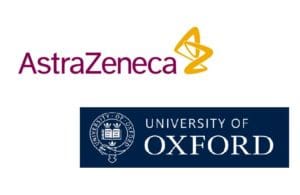 The ChAdOx1 COVID-19 vaccine jointly developed by AstraZeneca and the University of Oxford is not effective against the B.1.351 variant first identified in South Africa, according to a recent study published in NEJM.
The ChAdOx1 COVID-19 vaccine jointly developed by AstraZeneca and the University of Oxford is not effective against the B.1.351 variant first identified in South Africa, according to a recent study published in NEJM.
In a five-month study involving HIV-negative adults, 23 of 717 placebo recipients developed mild-to-moderate COVID-19 while 19 of 750 vaccine recipients did. Based on that data, the vaccine has an efficacy of 22% in protecting against mild-to-moderate disease in South Africa more than 14 days after the second dose. Efficacy against the B.1.351 variant specifically was 10.4%.
Last month, South Africa decided to pause its rollout of the vaccine based on the data points, which hadn’t then been peer-reviewed.
The B.1.351 variant has three mutations in the receptor-binding domain portion of the virus, which enhance transmissibility.
The AstraZeneca remains 75% effective against the B.1.1.7 variant, which was first identified in the U.K., according to recent data.
Filed Under: clinical trials, Drug Discovery, Infectious Disease





Tell Us What You Think!
You must be logged in to post a comment.